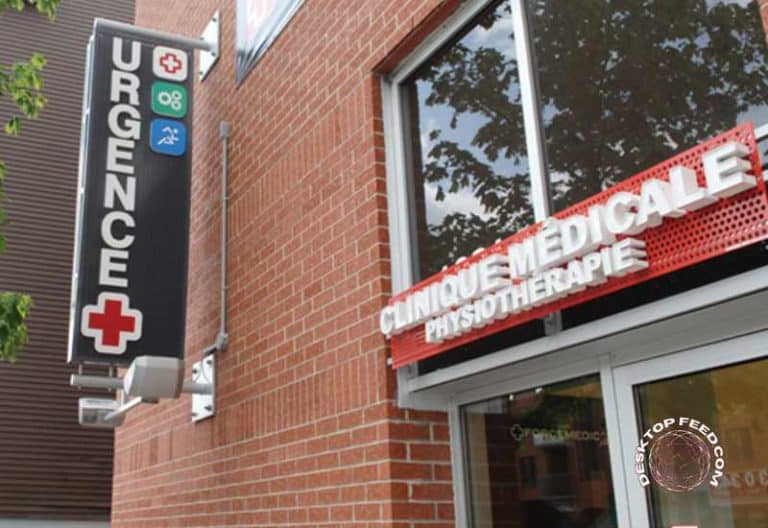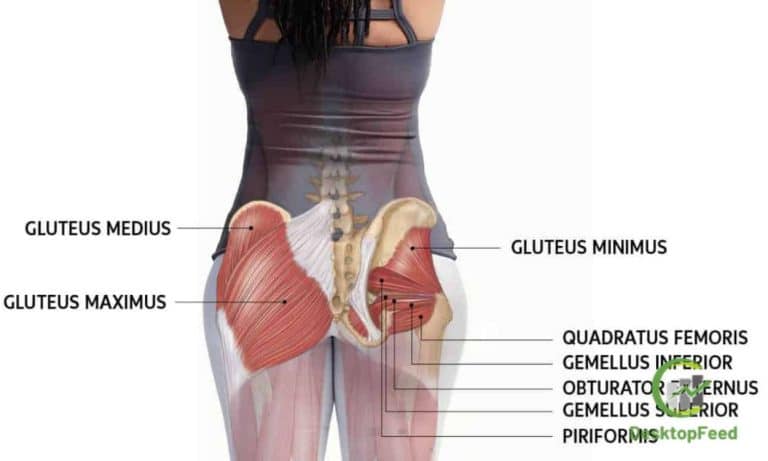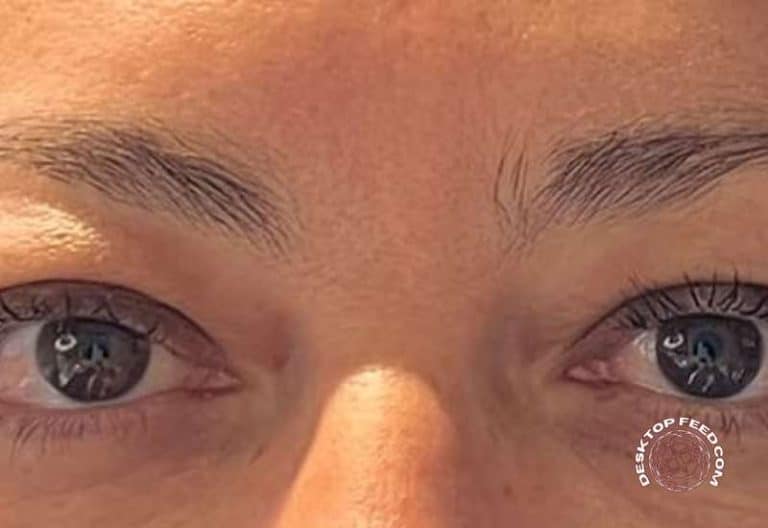In Evidence: How Medical Records Can Help Your Faulty Medication Case

Medical records can also be used in a variety of ways in a personal injury case. They may be used by an expert witness to prove a defect in the drug. They may be used to prove the cause of an injury, or the effect of medication.
The Value of Medical Records
Medical records contain information about a person’s medical history, which is often relevant to the case being presented. If your medication caused an injury, medical records can be used to show that the injury was caused by your medication. If you were injured while using a defective drug, medical records may be used to show that the drug was defective.
Medical records can also be used to prove that you did not know about any side effects of your medication, or that you did not know about your medication’s interaction with other drugs. These are important aspects of personal injury cases involving medication.
How Does a Medical Record Help?
Medical records can help you in many ways. They can be used to show what you were taking and why, and how it affected you. They can be used to prove that you did not know about any side effects from your medication, or that you did not know about your medication’s interaction with other drugs. Medical records can also be used in court to show that your faulty medication caused your injury, or that your medication was defective in some way.
Medical records can also show whether you made an informed decision about taking your medication, or if you were pressured into taking it. This is important in cases involving prescription drugs or over-the-counter drugs. Medication can cause side effects, and if they are not fully disclosed to the patient, they may not make an informed decision to use the drug. This will have an impact on the outcome of your case.
The Tepezza lawsuits refer to a series of legal cases that have been filed against the maker of Tepezza, a drug used to treat thyroid eye disease. The lawsuits allege that Tepezza caused serious and potentially life-threatening side effects in many patients. Tepezza has been linked to a variety of side effects, including severe hearing loss.
Medical records can be used to prove that these adverse side effects were caused by Tepezza. Medical records can provide evidence of the patient’s symptoms before taking the medication, and after taking the medication. It can also provide evidence of any other medications the patient may have been taking at the time, as well as any other tests or treatments that were done.
Medical records can also be used to prove that the patient was not aware of the potential side effects of Tepezza before taking the medication. In some cases, patients may have been prescribed Tepezza without being informed of the potential side effects. Medical records can also be used to show that the patient was adequately monitored while taking the medication.
A Typical Case Using Medical Records in Court
A typical plaintiff’s attorney will use medical records to prove liability in a case involving a prescription drug or over-the-counter drug. There are several different types of medical records, and each one has specific uses in court:
- Clinical Records: These are records kept by the doctor or hospital, and may include everything from patient charts to prescription information to test results. The information in these records is generally considered “inadmissible” in court because it can be used to show how the patient was treated, but it may still be used as an expert witness.
- Medical Records: These are records kept by the patient, and may include everything from blood tests to medications taken to side effects experienced. The information in these records is generally considered “admissible” in court because it can be used to show how the patient was treated.
What Do You Need to Protect Your Medical Record?
In order to properly protect your medical records, the first step is to make sure that you are aware of your rights under the Health Insurance Portability and Accountability Act (HIPAA). HIPAA provides you with legal rights to protect your medical information, including the right to access and control your medical records. You also have the right to request that your records be kept confidential.
Make sure that you are aware of the privacy policies of any medical facility you visit. All medical facilities are required to provide you with a notice of their privacy policies, and you should ask questions if you don’t understand any of the policies. You should also be aware of who will have access to your medical records.
Stay updated on the security measures in place to protect your medical records. All medical facilities must have reasonable security measures in place to protect your information. Make sure that you are aware of the specific security measures that are in place, and if you have any concerns, don’t hesitate to ask questions.
It is important to keep your medical records up-to-date. Make sure to update your records regularly and make sure that any changes in your health are accurately reflected in your records. This will help ensure that your medical information is secure and that you can access accurate information when needed.
For More Articles Visit: Desktopfeed.com





